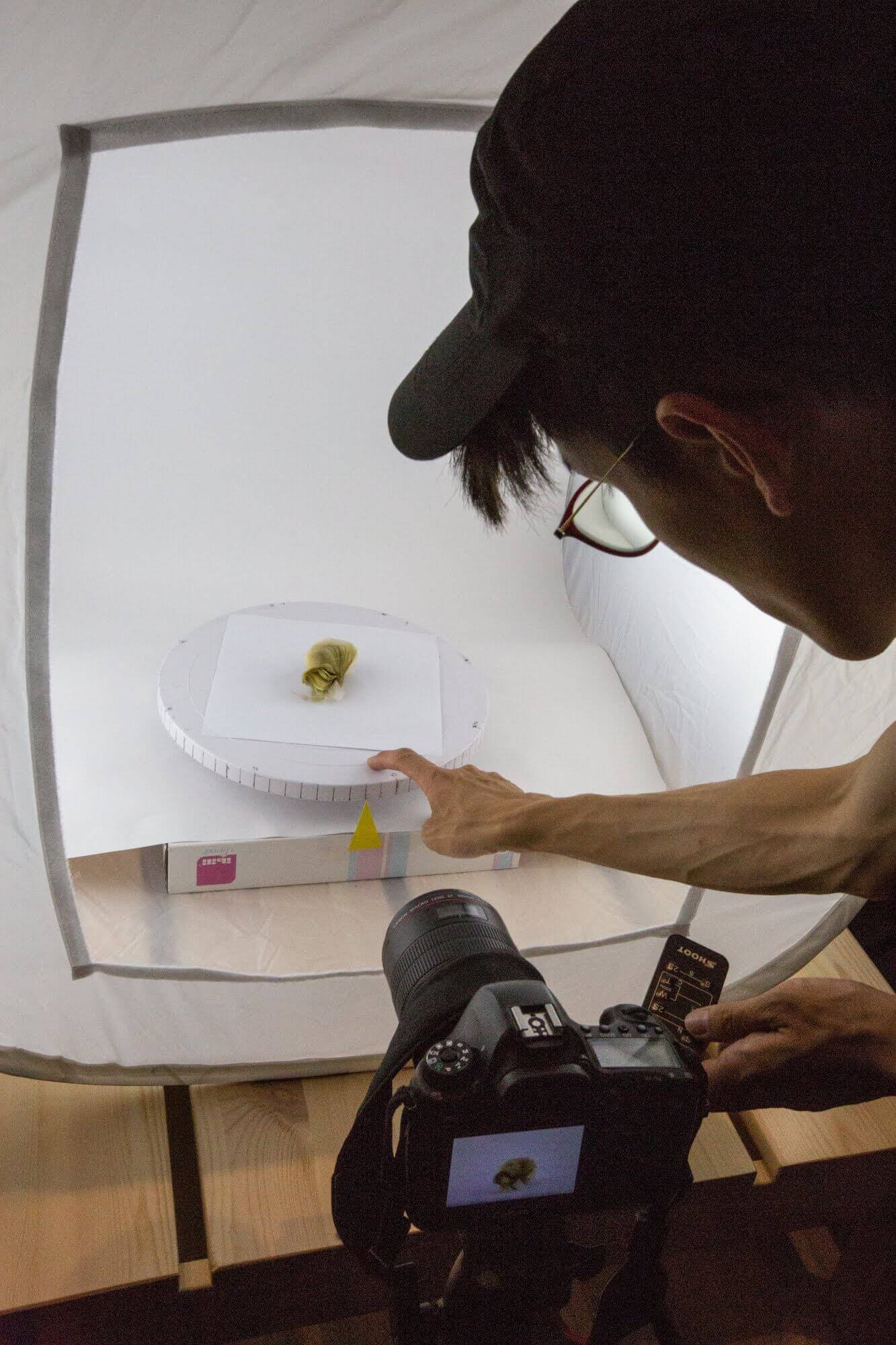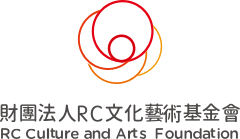About us
Taiwan's first illustrated encyclopedia on marine debris
Every year, over 8 million metric tons of garbage is discarded into the ocean, wherein interactions with the natural elements may sometimes damage and alter their original shapes before they are propelled back onto our shores by the waves.
Through beach cleaning movements across Taiwan, volunteers and researchers pick up marine debris not only to remove and discard them, but to further understand what they are, where they came from, and discovering the effects of weather on the materials. Ultimately, we need to understand the problems before we can begin to solve them.
It took months to establish a classification for the marine debris, where the debris was sorted into different categories, 360-degree images were produced, and then the entirety of information from both internal and external sources were transcribed into native text before contact was made with business and NGO partners to launch Taiwan’s very first illustrated encyclopedia on marine debris. However, the journey is by no means complete. We highly encourage business partners and educational institutions to work together to create a fun and comprehensive teaching material for the Taiwanese youth.
Jason Huang, Co-founder of RE-THINK




